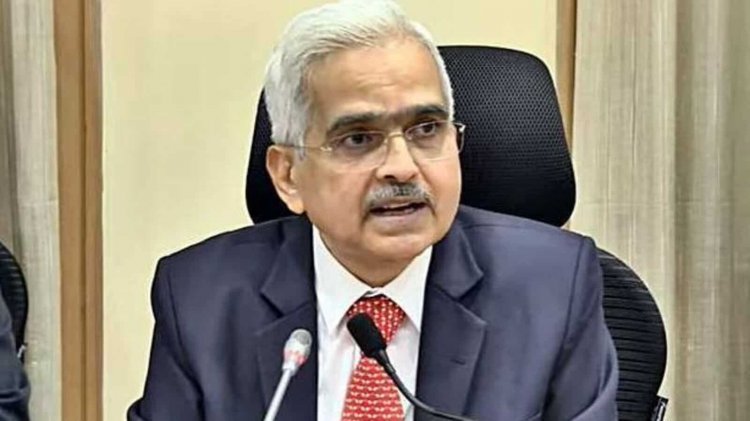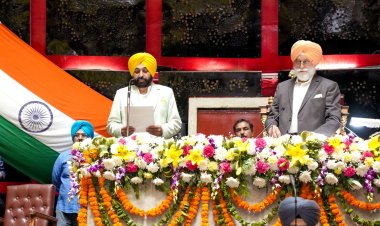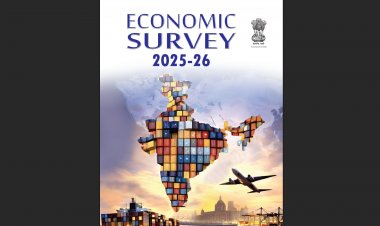RBI hikes Repo Rate by 50 basis points to 4.9 per cent, retail inflation forecast to 6.7 per cent
The MPC of the RBI decided to raise the Repo Rate by 50 bps to 4.9 per cent at the conclusion of its three-day meeting today. RBI Governor Shaktikanta Das said that the MPC members voted unanimously to raise the rates and to continue the withdrawal of the accommodative stance.

In order to rein in the rising inflation, the Monetary Policy Committee (MPC) of the Reserve Bank of India (RBI) decided to raise the Repo Rate by 50 basis points (bps) to 4.9 per cent at the conclusion of its three-day meeting today. RBI Governor Shaktikanta Das said that the MPC members voted unanimously to raise the rates and to continue the withdrawal of the accommodative stance.
The RBI has raised its retail inflation forecast for FY23 to 6.7 per cent from 5.7 per cent earlier.
The Standing Deposit Facility (SDF) and the Marginal Standing Facility (MSF) rates have also been raised by 50 bps. The SDF rate is now 4.65 per cent and the MSF rate 5.15 per cent. The Bank Rate also stands at 5.15 per cent.
Unveiling the June monetary policy for the current fiscal, Das said the Indian economy remained resilient, and the central bank would continue to support growth. He said that the real GDP growth for 2022-23 had been retained at 7.2 per cent, with Q1 at 16.2 per cent; Q2 at 6.2 per cent; Q3 at 4.1 per cent; and Q4 at 4.0 per cent, with risks broadly balanced.
Das said that with inflationary pressures becoming broad-based, it was likely that the CPI inflation would remain above the RBI’s 2-6 per cent band for the first three quarters of 2022-23. The RBI Governor feels further monetary policy measures are needed to anchor inflation expectations.
The rates have been increased primarily to curb inflation. The Wholesale Price Index (WPI) growth rate has remained in double digits for the past several months. The rapid increase in retail inflation has closed the gap between the WPI and Consumer Price Index (CPI) inflation growth rates. The RBI says that the Russia-Ukraine war has led to the globalization of inflation and food and commodity prices remain elevated.
The Repo is the rate at which the RBI lends short-term funds to banks. Thus, the cost of funds for banks goes up when the repo rate is increased. This will affect the borrowers of home loans and other retail loans. However, the deposit rates will be positively impacted.
The Repo Rate increase has been made for the second time in five weeks. Earlier, the MPC had held an unscheduled meeting in early May and hiked the Repo Rate by 40 basis points. Speaking to Rural Voice in this regard, an RBI director had said, “It is not correct to say that the RBI has taken the step to rein in inflation too late. In fact, no one expected the Russia-Ukraine war to extend for so long. The continuation of the war has led to inflation in most of the countries and it has affected us, too. So, it became necessary to increase the interest rate off-cycle.”
The increase in repo rate today was a foregone conclusion.



 Join the RuralVoice whatsapp group
Join the RuralVoice whatsapp group







































